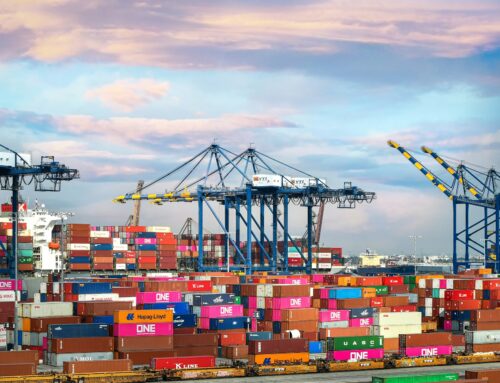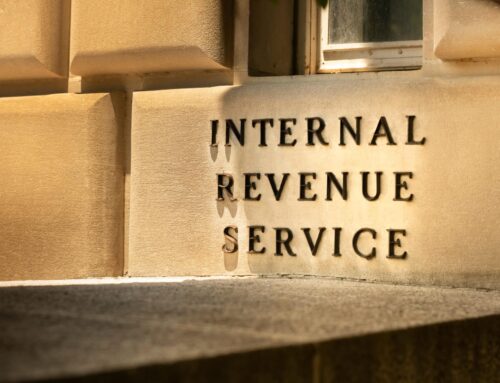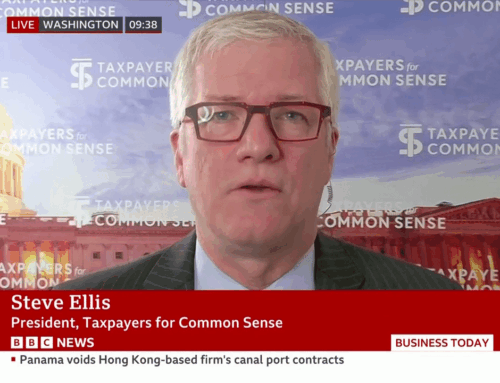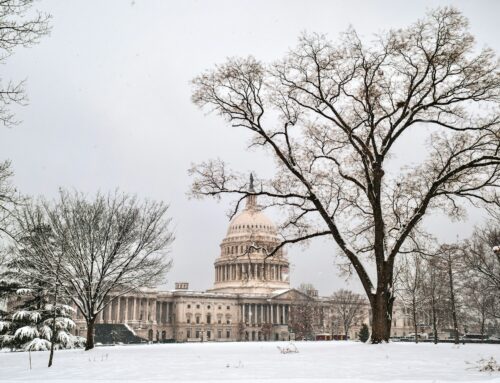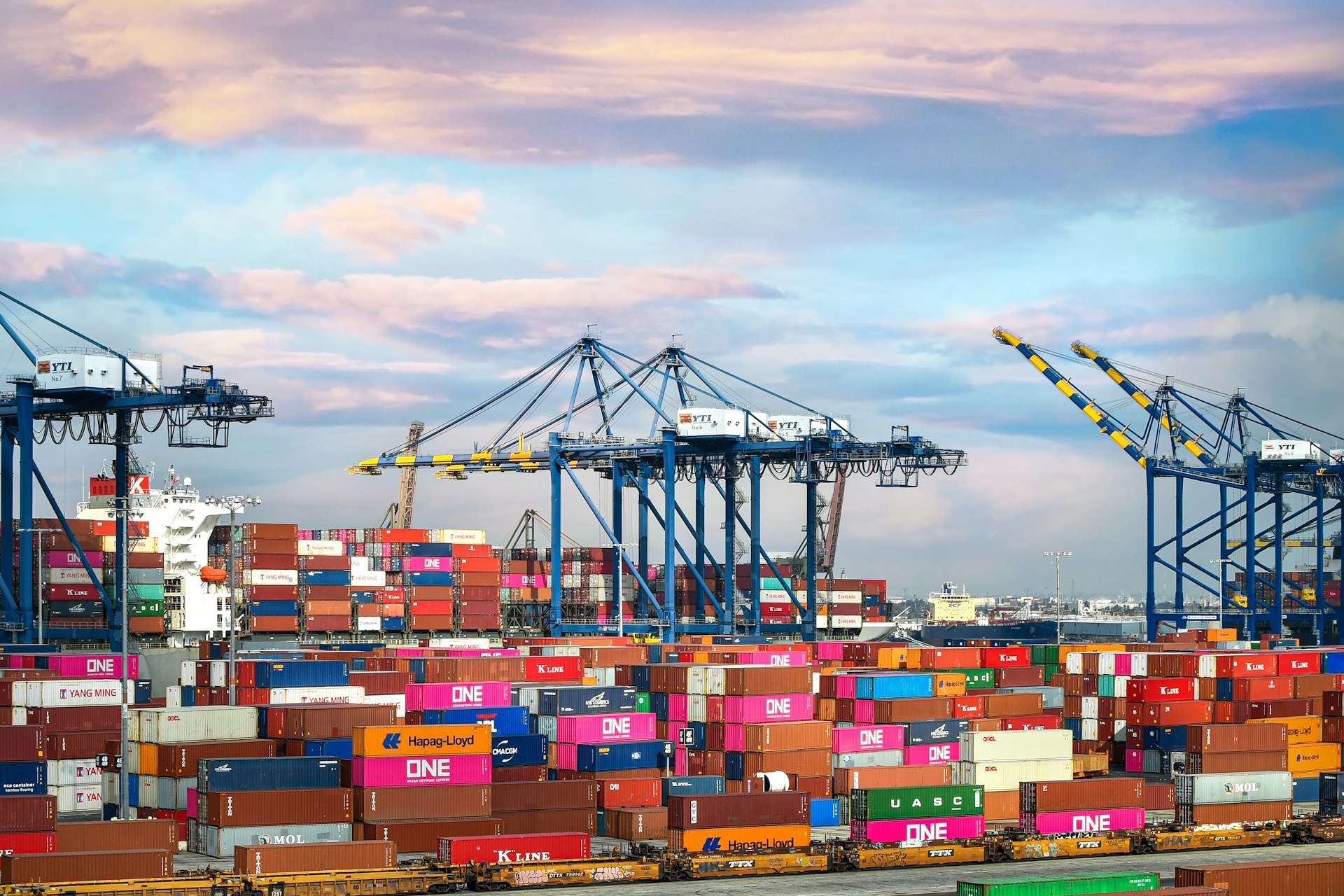Washington, D.C. – Legislation to renew the President’s authority to negotiate new trade agreements could set the stage for unprecedented legal protections for foreign investors against local, state and federal laws. If not fixed, the legislation could cost taxpayers $32 billion in monetary damages and threaten many of our public health and safety laws, according to a new study released today by Taxpayers for Common Sense, a national budget watchdog organization.
“The current legislation provides foreign corporations more legal rights than provided to Americans,” said Joe Theissen, Executive Director at Taxpayers for Common Sense. “The prospect of imposing this new fiscal burden on
According to The Fiscal Impacts of Investment Provisions in United States Trade Agreements, a study released today by Taxpayers for Common Sense, and written by two professors from
Under current trade law, foreign investors operating in the
A number of public officials, policy-makers, and members of the public have raised strong concerns about the investor protection provisions in future trade agreements. The National Conference of State Legislators, the National Association of Attorneys General, the National League of Cities, and the National Association of Counties have all urged the Senate to put measures in the fast-track bill that will require the investment provisions of all future trade deals to be consistent with
Many point to the pending lawsuit for $1 billion filed by the Canadian Methanex Corporation as a clear-cut case of why the investor-protection provisions needs to be fixed. Methanex is suing under NAFTA on grounds that a
- A company called Group ADF filed a $90 million lawsuit under “Buy America” rules;
- Kenex, Ltd. filed a $20 million lawsuit against the
U.S. - A funeral home company, called the Loewen Group filed a $725 million lawsuit saying that the state of
Mississippi
“Subjecting the

